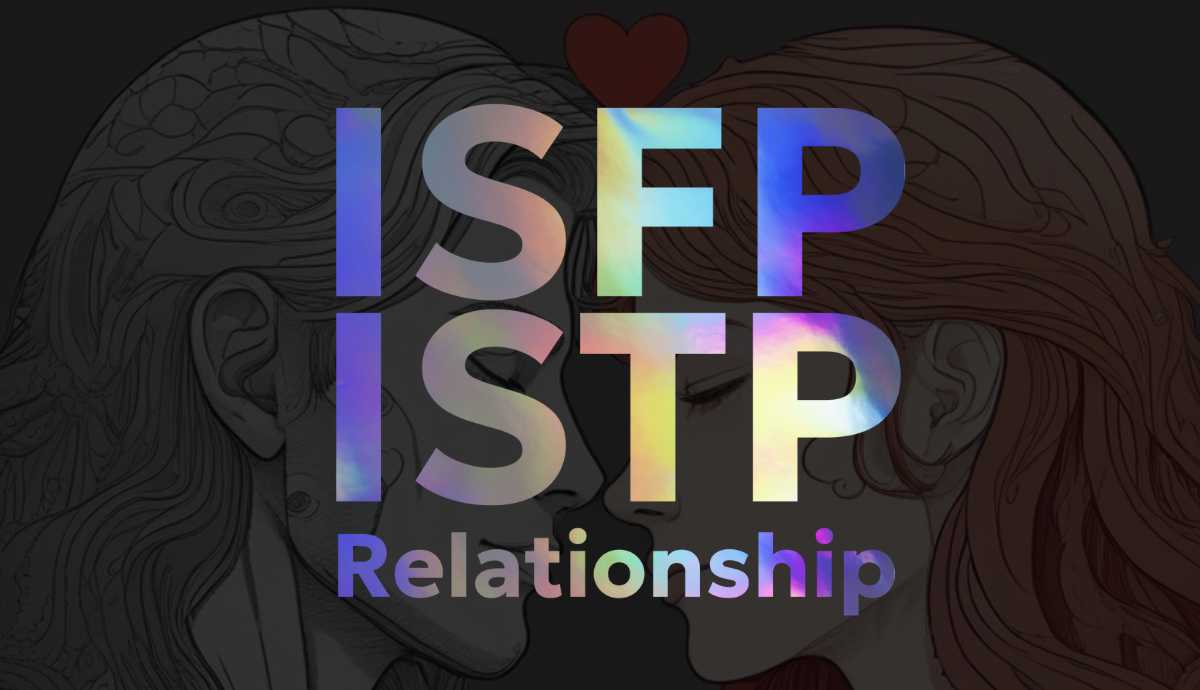The inferior function is often regarded as the gateway to the shadow and a bridge to the unconscious. According to Jung, the inferior function is where much of the unwanted, negative and suppressed aspects of our ego-complex reside. In older theories, the inferior function is regarded as being mostly unconscious and constituted the basis of the shadow complex.
ESFJ and INTP would be considered shadows of one another being that they share all the same function-attitudes but in opposite order. Jungian theorist, John Beebe later proposed an eight-function model, where the inferior function is included as part of the main ego-syntonic complex. He instead ascribed the shadow complex to the remaining four function-attitudes which he regarded as being ego-dystonic.
The inferior function is therefore part of our conscious ego and has emotional significance to us. But because of the difficulty surrounding its use and the embarrassment that often comes with it, it is strongly marginalized by the dominant function. The dominant function for each personality type becomes dominant because of how emotionally gratifying and ego-rewarding it is. The inferior function is something to which we aspire to be better at, but only on terms our dominant function can live with.
For Ti-doms like INTP, introverted thinking is their best friend. For whatever reason, whether by nature or nurture, INTPs developed an emphasis on being highly self-reliant, inquisitive, cerebral and original. Their use of Ti is a pleasure and something that they do compulsively. For them, mentally-intensive activities like writing, researching or anything creative is more worthwhile than participating in most social activities. INTPs value human interaction and the cultivation of good relationships, but the effort involved with these endeavors comes at a greater energy cost to them.
Additionally, INTPs may harbor some resentment and negative perceptions about the extraverted feeling tendencies they observe in other people. INTPs can, for example, get easily annoyed with people who show excessive interest in other people’s business or act as though they know what’s best for other people. INTPs also dislike herd mentality, and people who are too willing to go along with what everyone else is doing rather than think critically or be original.
The INTP shadow is something of an anti-ENTJ, a rather negative manifestation of ENTJ functions. Here is a look at how INTPs shadow processes play out.
5th Function – Te Opposing
This oppositional Te is triggered when someone or something imposes their order or plans on INTP’s environment, making them feel obstructed. INTPs external world can be a controlled chaos but to others it can just appear like a mess. Even if their surroundings are not particularly organized or structured, there is usually a method to their madness. INTP becomes stubborn about justifying how they plan or arrange things and in turn tries to undermine their opposition by beating them at their own game with a superior organization scheme. Furthermore, INTP perceives the person in a vilifying way. INTP can become more systematic than normal and profess that their powers of logic allow them to organize and plan better than the people who like to organize and plan.
6th Function – Ni Critical Parent
Ni critical parent is triggered when the INTP’s openness and consideration of possibilities is criticized and undermined. INTP then draws negative conclusions based on intuitive notions to undermine and cast blame onto others for all the terrible things they anticipate will happen because of their lack of open mindedness. They impute bad intentions to other people and devalues their perceptions. Furthermore, INTP criticizes other people’s opinions for either being short sighted or being unsophisticated. INTP considers their insight to be authoritative and insists that their perceptions are more accurate and that they understand the best path forward based on their vision of multiple scenarios .
7th Function – Se Trickster
When Se is trickster, then internalized tangible experience is what the ego childishly falls back on to maintain its introverted attitude. If this is challenged, the ego will use current tangible reality to get others off his back by pointing at others (“you do it too” defense {triggered when the ego is intimidated through the puer by memory-based fear of punishment}). “wanting to have its own way”: wanting to see things for myself, and having concrete evidence for things such as spirituality. Trying to trap others who make them feel bound, by pointing out that they either do or condone the same things in themselves or others (Use tangible data to double bind others; from feeling bound by them myself).
8th Function – Fi demon
Fi demon is triggered when the INTP’s perceives their worth and character as being persecuted, rejected, and/or condemned by others. This brings about a moral narcissism in the INTP that seeks to assert their goodness, and worth and why the other people are bad or flawed. INTP resorts to moral absolutes and doubles down on what they believe is socially right or wrong according to their Ti logic. INTP projects the image of a morally depraved villain onto the person or group responsible for trying to diminish their importance or value as a person.
Want to know your astrology placements? You can generate your astrology chart here with our free birth chart generator tool.
related posts:
- 7 Pitfalls That INTPs Should Avoid
- The INTP Personality: What it means to be the Logician MBTI Type
- INTP Strengths; 7 Advantages of Being INTP
- INTP Weaknesses: 7 Struggles of being INTP
- 6 Best Paying Careers For the INTP
- The Dark Side of INTP
- The 5 Stages of INTP Anger
- 6 Signs An INTP Likes You | How INTPs show love
- Why Do INTPs Procrastinate?
- 35 Undeniable Signs You’re An INTP
- INTP
- 100 Deep Quotes From Famous INTP People
- 25 Interesting INTP Statistics & Facts
- 12 Variations of the INTP Personality Type
- American Presidents Ranked By Zodiac Sign - January 20, 2025
- ESTP and ESFP in love: 6 Dynamics of Their Relationship - September 4, 2024
- ISFP and ISTP in love: 5 Dynamics of their Relationship. - August 28, 2024








